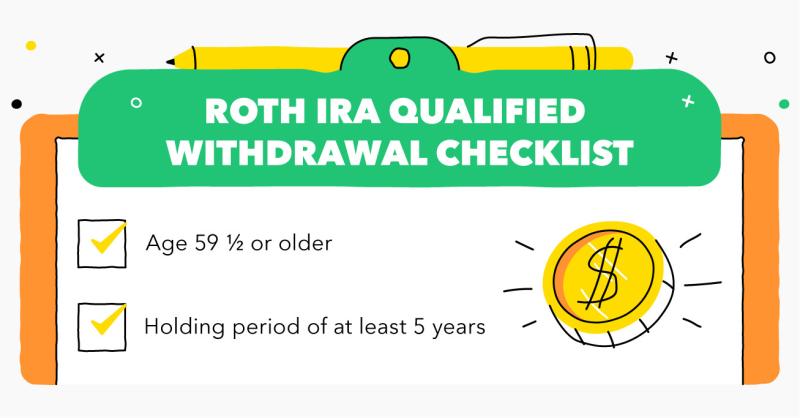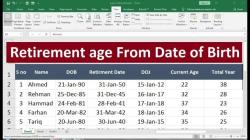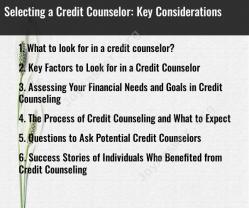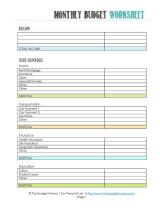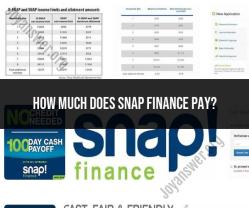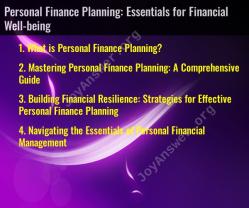Can you take an early IRA withdrawal without penalty?
In general, taking an early withdrawal from an Individual Retirement Account (IRA) before the age of 59½ may result in a 10% early withdrawal penalty, in addition to any income tax owed on the distribution. However, there are certain exceptions and circumstances where you may be able to avoid the penalty. Here are a few scenarios:
Roth IRA Contributions:
- Contributions to a Roth IRA can be withdrawn at any time without penalties or taxes because the contributions are made on an after-tax basis. However, this applies only to the contributions, not the earnings.
Qualified Exceptions:
- There are specific situations where you can take an early withdrawal from a traditional IRA without incurring the 10% penalty. These include:
- Qualified medical expenses.
- Higher education expenses.
- First-time home purchase (up to $10,000).
- Substantially Equal Periodic Payments (SEPP).
- Certain IRS levy situations.
- Death or disability.
- There are specific situations where you can take an early withdrawal from a traditional IRA without incurring the 10% penalty. These include:
Military Reservists Called to Active Duty:
- Reservists called to active duty for at least 180 days may be exempt from the early withdrawal penalty during the active duty period.
Health Insurance Premiums:
- If you are unemployed and need to pay for health insurance, you may be able to make penalty-free withdrawals to cover your health insurance premiums.
IRS Levy:
- If the IRS levies your IRA, the 10% penalty may be waived.
Equal to Medical Expenses:
- If the distributions are less than or equal to your unreimbursed medical expenses, you may be able to avoid the 10% penalty.
It's important to note that while these exceptions may help you avoid the 10% early withdrawal penalty, regular income tax may still apply to the withdrawn amount. Additionally, some exceptions have specific requirements and conditions, so it's advisable to consult with a tax professional or financial advisor to ensure compliance with the rules and to understand the potential tax implications of any early withdrawal.
Navigating financial decisions: Can you take an early IRA withdrawal without penalty?
Generally, you cannot take an early IRA withdrawal without penalty. If you withdraw money from your IRA before you reach age 59 1/2, you will generally have to pay a 10% early withdrawal penalty tax. However, there are a few exceptions to this rule:
- Qualified medical expenses. You can use IRA money to pay for qualified medical expenses without penalty. This includes the cost of health insurance premiums, prescription drugs, and medical treatments.
- Higher education costs. You can use IRA money to pay for qualified higher education costs, such as tuition, fees, and books.
- First home purchase. You can use IRA money to pay for the down payment and closing costs on your first home purchase.
- Substantially equal periodic payments (SEPPs). You can set up a SEPP to withdraw money from your IRA over time without penalty.
- Disability. If you become disabled, you can withdraw money from your IRA without penalty.
Understanding the rules and exceptions for penalty-free early withdrawals from Individual Retirement Accounts (IRA)
Here is a more detailed explanation of the rules and exceptions for penalty-free early withdrawals from IRAs:
- Qualified medical expenses. To qualify for the medical expense exception, you must have unreimbursed medical expenses that exceed 7.5% of your adjusted gross income (AGI). The medical expenses must also be for yourself, your spouse, or your dependents.
- Higher education costs. To qualify for the higher education exception, you must be paying for qualified higher education costs for yourself, your spouse, your children, or your grandchildren. The qualified expenses include tuition, fees, books, and supplies.
- First home purchase. To qualify for the first home purchase exception, you must be a first-time homebuyer. You must also use the money to pay for the down payment and closing costs on your primary residence.
- Substantially equal periodic payments (SEPPs). A SEPP is a series of substantially equal periodic payments that you take from your IRA over a period of at least five years. To qualify for a SEPP, you must be at least 59 1/2 years old when you start the payments.
- Disability. If you become disabled, you can withdraw money from your IRA without penalty. To qualify for this exception, you must be unable to engage in any substantial gainful activity due to a physical or mental impairment.
Tips for making informed decisions about early IRA withdrawals and their potential consequences
Here are some tips for making informed decisions about early IRA withdrawals and their potential consequences:
- Understand the financial consequences. Before you withdraw money from your IRA, it is important to understand the financial consequences. You will have to pay income tax on the amount you withdraw, and you may also have to pay a 10% early withdrawal penalty tax.
- Consider your future retirement needs. It is also important to consider your future retirement needs before you withdraw money from your IRA. Withdrawing money early can reduce the amount of money you have available for retirement.
- Get professional advice. If you are not sure whether or not you should take an early IRA withdrawal, talk to a financial advisor. They can help you assess your needs and make the best decision for your individual situation.
Here are some additional tips:
- Explore other options. Before you take an early IRA withdrawal, see if there are other ways to finance your needs. For example, you could try to get a loan or borrow money from friends or family.
- Withdraw the money gradually. If you do need to take an early IRA withdrawal, consider withdrawing the money gradually over time. This will help you minimize the impact of the penalty tax.
- Use the money for qualified expenses. If you are eligible for one of the exceptions to the early withdrawal penalty tax, be sure to use the money for a qualified expense. Otherwise, you will have to pay the penalty tax.
By following these tips, you can make informed decisions about early IRA withdrawals and minimize their potential consequences.
